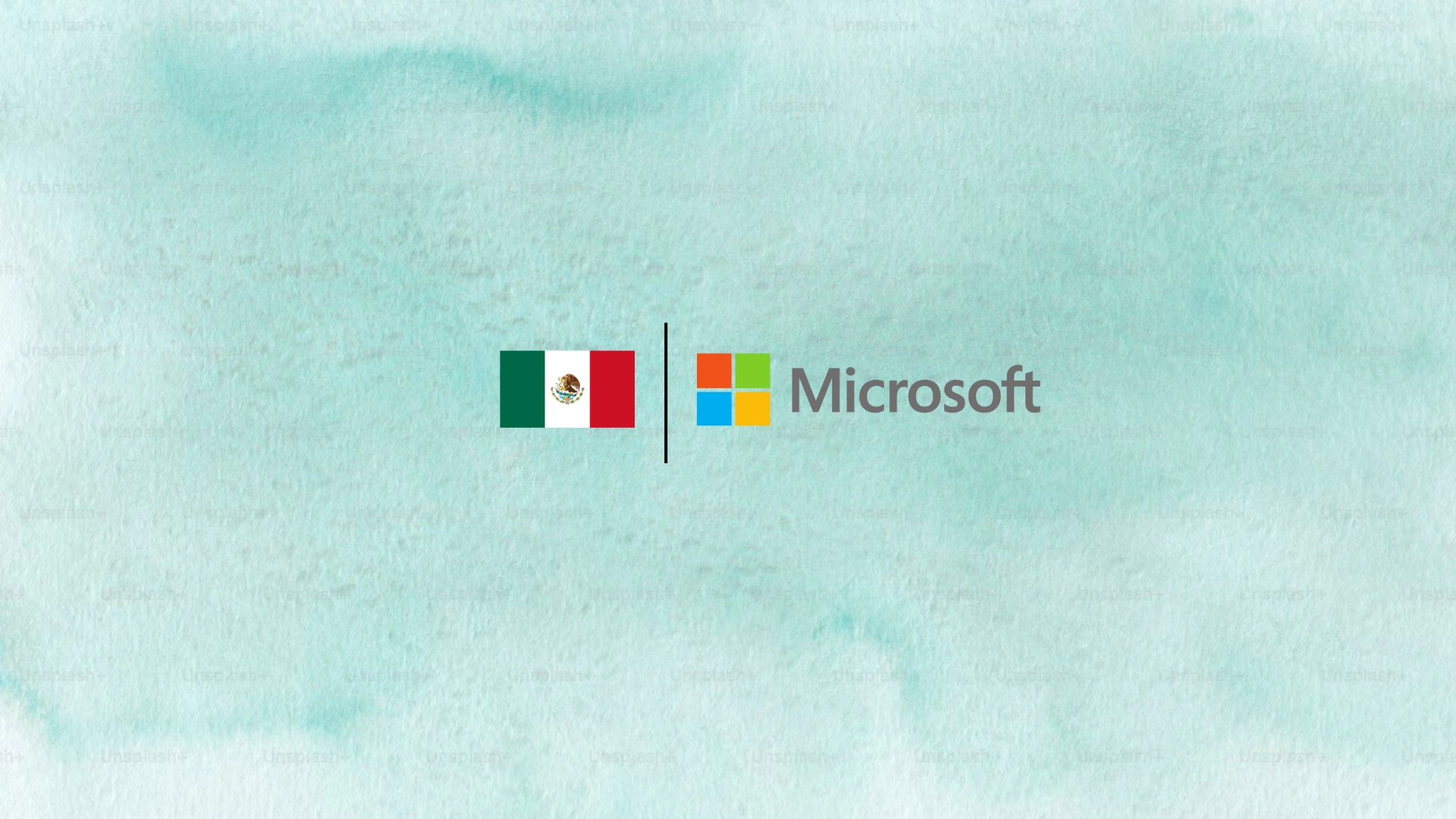Venture Capital
Startup
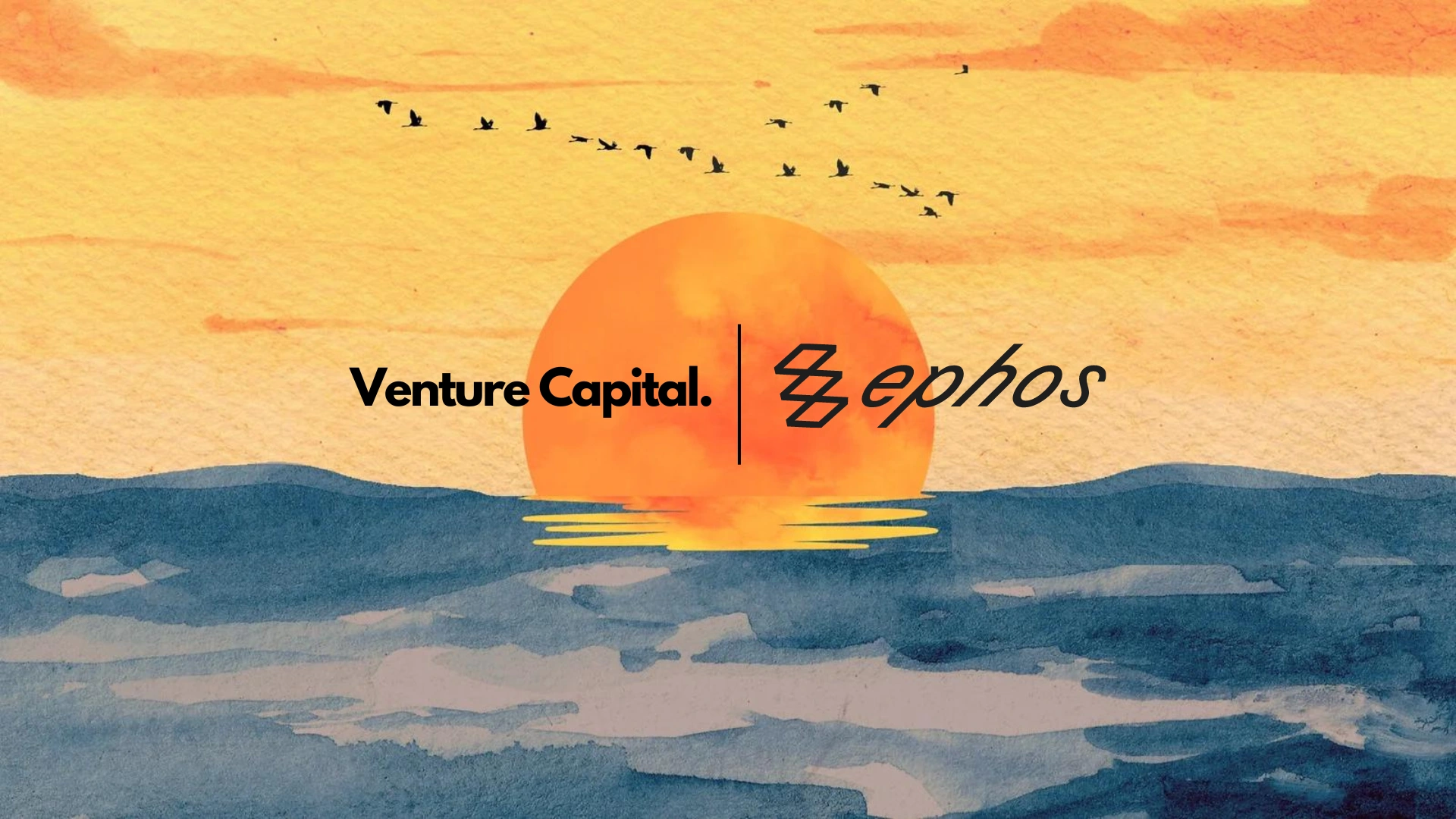
Venture Capital
Startup
The world of computing is on the cusp of a dramatic transformation. As our need for processing power continues to grow exponentially, traditional silicon-based technologies are struggling to keep pace. Emerging fields like artificial intelligence (AI) and quantum computing demand a new approach, a revolution in how we process and manage information. Enter Ephos, a dynamic startup poised to reshape the future of computation with a groundbreaking innovation: glass-based photonic chips.
Founded in 2022 amidst the global upheaval of the COVID-19 pandemic, Ephos has rapidly secured its place at the forefront of quantum photonics. The company recently announced a significant milestone, raising $8.5 million in seed funding to build and operate a state-of-the-art research and manufacturing facility near Milan, Italy, in the heart of the Milano Innovation District (MIND). This injection of capital will fuel Ephos’s ambitious mission to revolutionize quantum computing and AI infrastructure by harnessing the unique properties of glass.
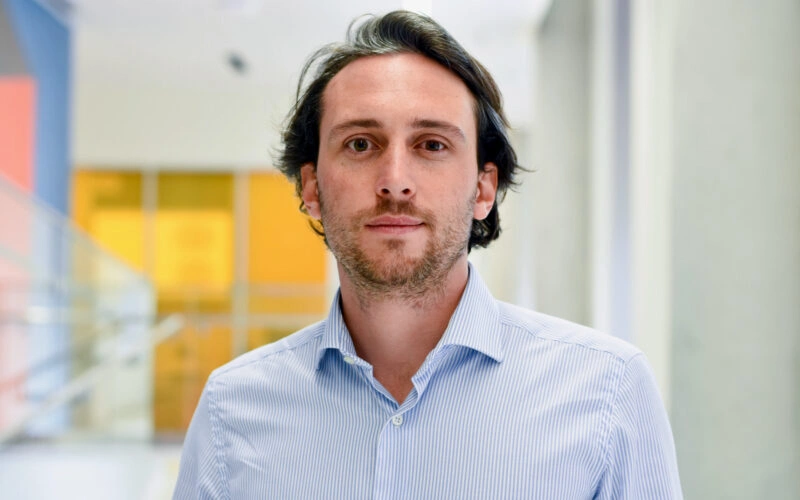
The core of Ephos’s innovation lies in its approach to a fundamental challenge in quantum computing: signal loss. Quantum computers, unlike their classical counterparts, rely on the delicate properties of quantum mechanics to perform calculations. These quantum properties, however, are incredibly fragile and prone to disruption. One of the major obstacles to building powerful and reliable quantum computers is the loss of quantum signals as they travel through the system. This loss, often referred to as attenuation, significantly limits the complexity and scale of quantum computations.
Traditional quantum computing platforms often rely on silicon-based chips, similar to those found in everyday computers and smartphones. While silicon has been the workhorse of the electronics industry for decades, it suffers from significant limitations when it comes to transmitting quantum signals, particularly those carried by photons, particles of light. These limitations stem from the inherent properties of silicon, which absorbs and scatters photons, leading to significant signal loss.
| Detail | Information |
|---|---|
| Funding Amount | $8.5 million |
| Funding Date | September 23, 2024 |
| Funding Round | Seed round |
| Key Investors | Starlight Ventures, Collaborative Fund, Exor Ventures, 2100 Ventures, Unruly Capital, Green Sands Equity, Silicon Roundabout Ventures, Club degli Investitori, angel investors |
| Non-Dilutive Funding | €450,000 ($500,000) from the European Innovation Council (EIC) and NATO's DIANA program |
| New Facility Location | Milano Innovation District (MIND), Milan |
| Facility Purpose | World’s first dedicated facility for glass-based quantum photonic circuits |
| Previous Funding | Approximately $108,000 in pre-seed funding in 2023 |
| Technology Focus | Glass-based photonic chips aimed at reducing signal loss in quantum computing and other applications |
| Company Size | 1 - 11 employees |
| CEO | Andrea Rocchetto |
| Strategic Importance | Supports NATO's tech ecosystem and Allied security interests through local development |
Ephos has tackled this challenge head-on by turning to a material with a long history in optics: glass. Glass, known for its transparency and ability to transmit light with minimal loss, offers a promising alternative to silicon in the realm of quantum photonics. By fabricating their photonic chips from glass substrates, Ephos claims to achieve significantly improved performance in preserving the integrity of quantum signals. This improvement stems from the reduced coupling losses that occur when light transitions between different materials. In traditional silicon-based systems, the interface between silicon and other components, such as optical fibers, creates points of significant signal loss. Glass, with its superior optical properties, minimizes these losses, leading to a more efficient and powerful platform for quantum computing.
The $8.5 million seed funding secured by Ephos is a testament to the potential of its glass-based technology. The investment round was spearheaded by Starlight Ventures, a prominent venture capital firm with a strong track record of backing innovative technology companies. Several other notable investors also participated in the round, including Collaborative Fund, Exor Ventures, 2100 Ventures, and Unruly Capital. Further bolstering the company’s financial foundation, Ephos also attracted prominent angel investors like Joe Zadeh, formerly of Airbnb, and Diego Piacentini, a former senior vice president at Amazon. In addition to private investment, Ephos received non-dilutive funding from the European Innovation Council, a key supporter of groundbreaking research and development within the European Union, and NATO's Defence Innovation Accelerator (DIANA), highlighting the strategic importance of Ephos's technology.
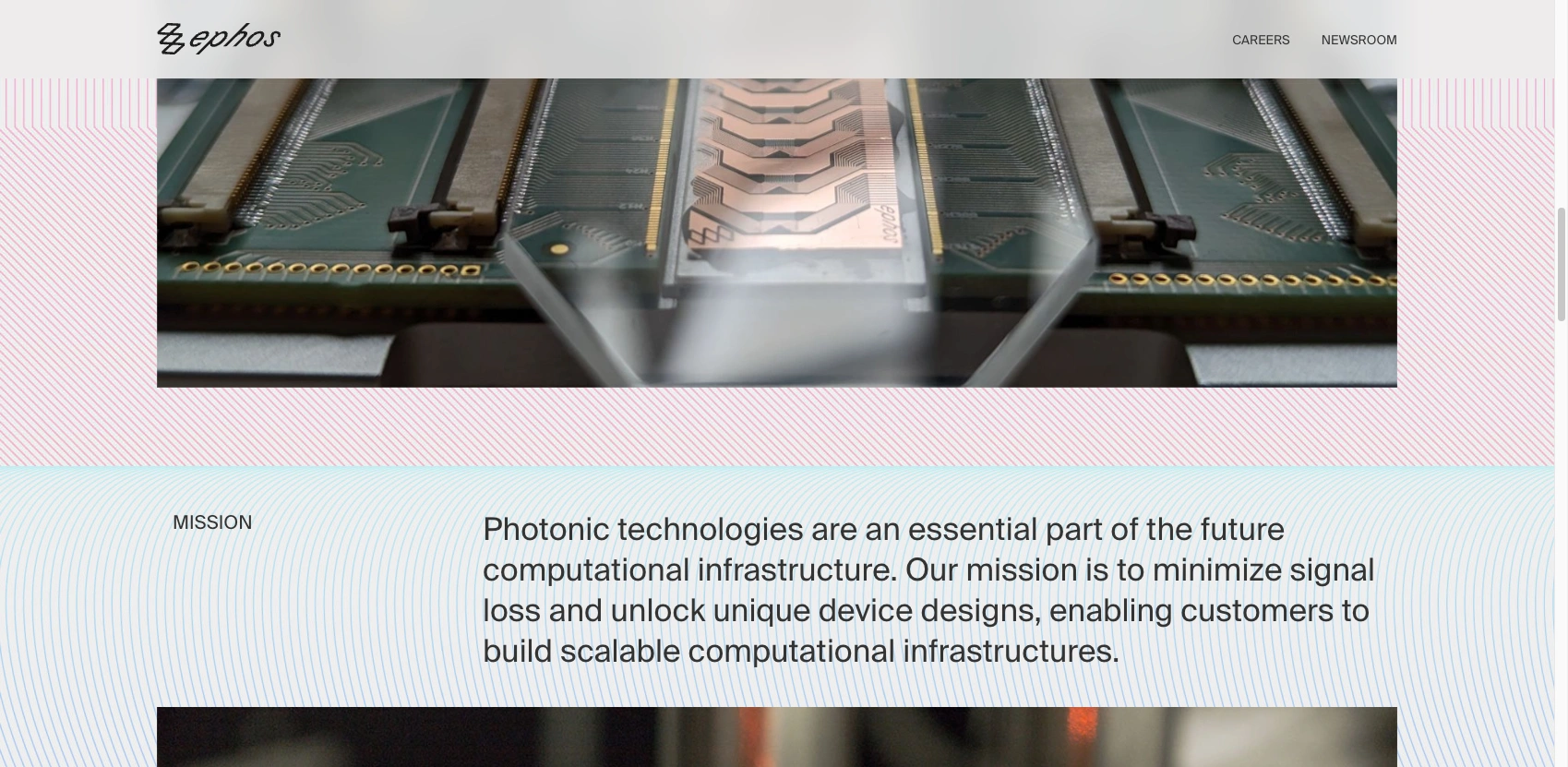
The driving force behind Ephos is its CEO, Andrea Rocchetto, an Italian theoretical physicist. After completing postdoctoral work in the United States, Rocchetto returned to Italy during the height of the COVID-19 pandemic. Recognizing a significant gap in the European landscape for quantum technology innovation, he seized the opportunity to establish Ephos in 2022. By assembling a team of leading researchers in the field, Rocchetto has positioned Ephos to become a key player in the global quantum computing race.
Ephos's innovation arrives at a critical juncture in the evolution of computing. The demand for computational efficiency is skyrocketing, driven by the explosive growth of data and the rise of computationally intensive applications like AI. Data centers, the backbone of the digital economy, are becoming increasingly power-hungry, raising concerns about their environmental impact. Ephos’s glass-based photonic chips offer a potential solution by increasing the efficiency of data processing and reducing energy consumption. This potential has attracted significant interest from hyperscalers, the companies that operate massive data centers, as well as from emerging quantum computing startups. As AI models become increasingly complex and the demand for quantum computing resources grows, Ephos’s technology is well-positioned to address these emerging needs with its innovative chip designs.
Beyond its technical advantages, Ephos’s glass-based technology carries significant geopolitical implications. By establishing its supply chain within the United States and the European Union, Ephos aims to bolster NATO’s technological independence and reduce reliance on international suppliers. This strategic goal is particularly crucial in the current volatile global landscape. NATO's DIANA program has recognized the potential of Ephos’s technology to strengthen critical quantum infrastructure and has provided funding to support the company's development.
The newly secured funding will enable Ephos to build and operate its cutting-edge research and manufacturing facility in the Milano Innovation District (MIND). This facility will serve as the central hub for Ephos’s research and development efforts, with initial production of its glass-based photonic chips slated to begin by the end of the year. In parallel with its European operations, Ephos is also expanding its U.S. team in San Francisco, demonstrating its commitment to transatlantic collaboration and its ambition to play a leading role in the global quantum technology landscape.
Looking ahead, Ephos plans to scale up production of its glass-based photonic chips and forge strategic partnerships across the quantum technology sector. These efforts have the potential to reshape the future of data centers and quantum computing systems, paving the way for a more efficient, powerful, and secure digital world. Ephos’s journey is just beginning, but its innovative technology holds the promise of shining a light on a new era of quantum innovation.
SHARE


news
21st October 2024
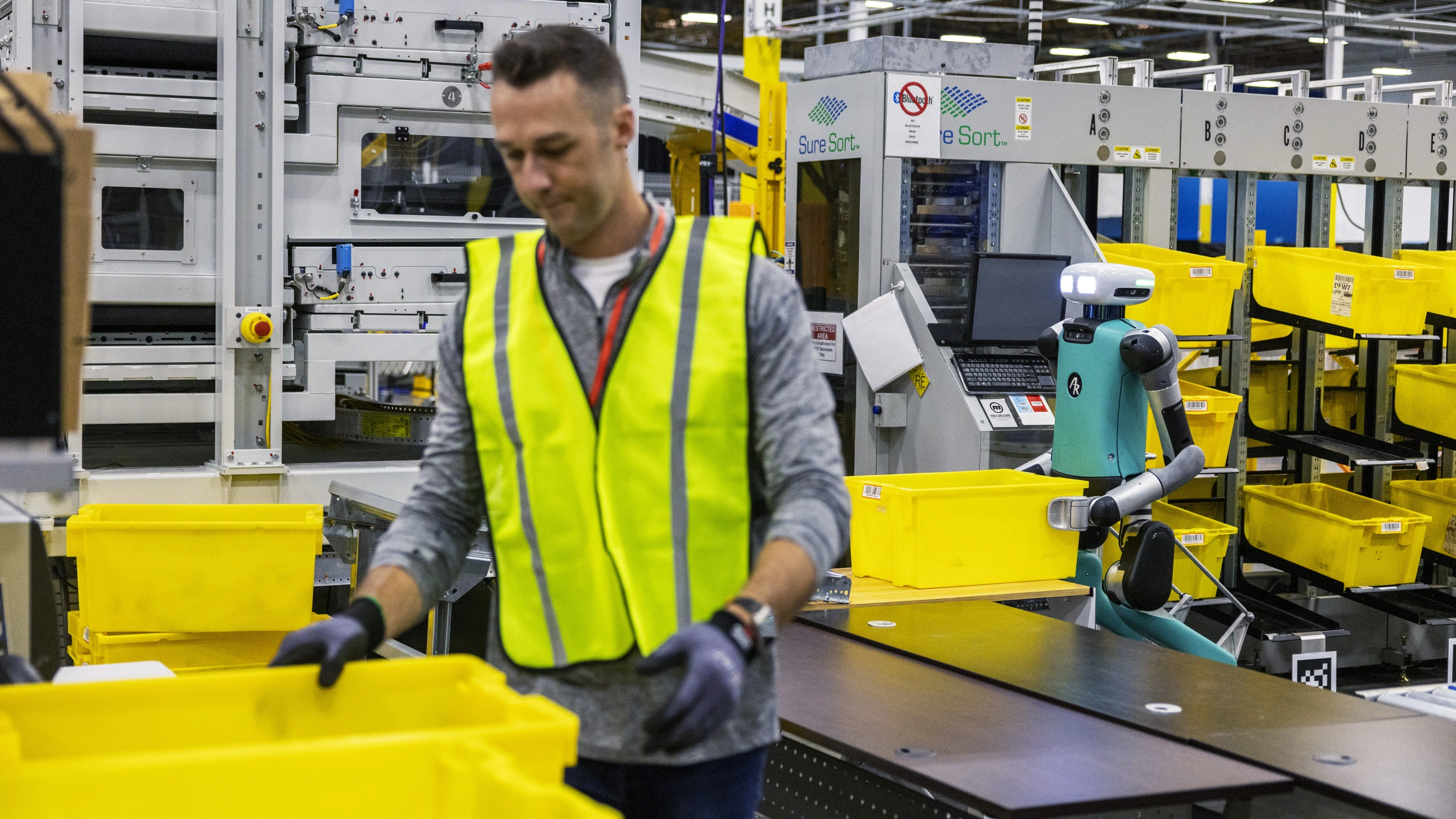


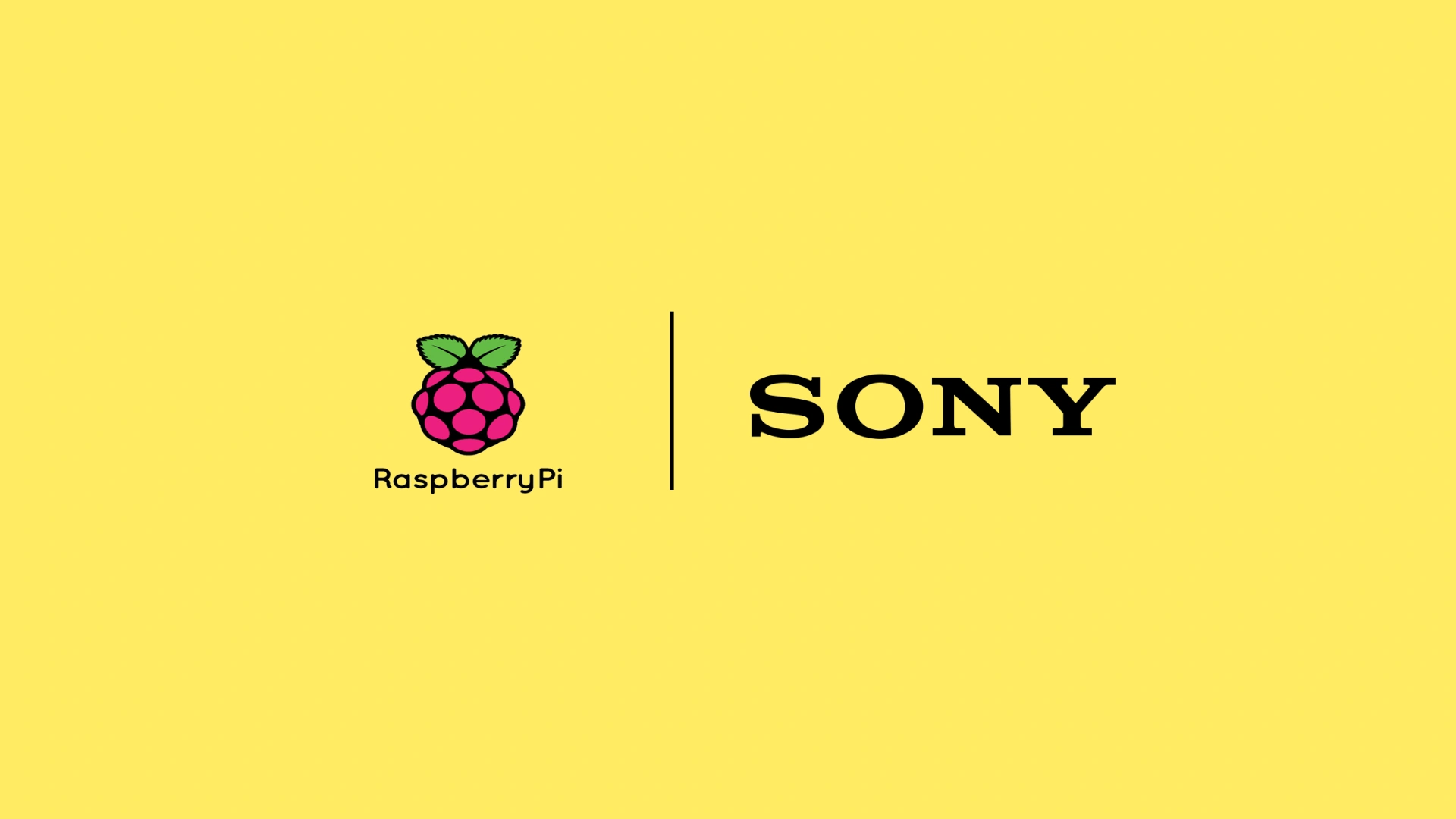

news
30th September 2024
